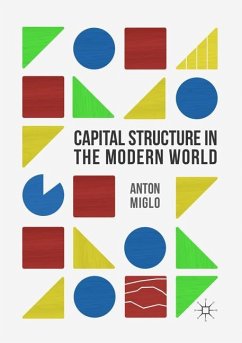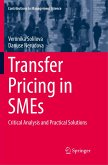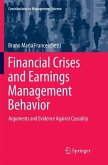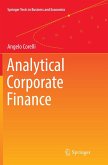This book focuses on microeconomic foundations of capital structure theory. It combines theoretical results with a large number of examples, exercises and applications. The book examines fundamental ideas in capital structure management, some of which are still not very well understood in the business community, such as Modigliani and Miller's irrelevance result, trade-off theory, pecking-order theory, asset substitution, credit rationing and debt overhang. Chapters also cover capital structure issues that have become very important following the recent financial crisis. Miglo discusses the ways in which financial economists were forced to look critically at capital structure, as the problems faced by many companies stemmed from their financing policies following the crisis. The book also discusses links between capital structure and firm's performance, corporate governance, firm's strategy and flexibility, and covers such topics as life cycle approach to capital structure management, capital structure of small and start-up companies, corporate financing versus project financing and examples of optimal capital structure analyses for different companies. This comprehensive guide to capital structure theory will be of interest to all students, academics and practitioners seeking to understand this fast-developing and critical area of business management.
"The book is aimed to review the main theoretical concepts of capital structure and to cast attention on some still growing areas of research. ... the book has the noteworthy merit of keeping a balance between theory and practice of firm's financing choices, providing a useful overview for the interested reader of the modern state of capital structure theory." (Anna Maria C. Menichini, Journal of Economics, Vol. 122, 2017)








